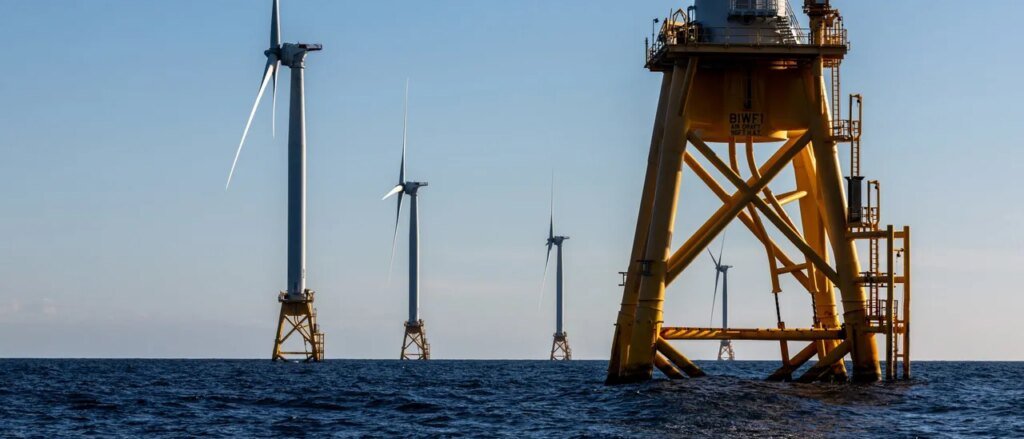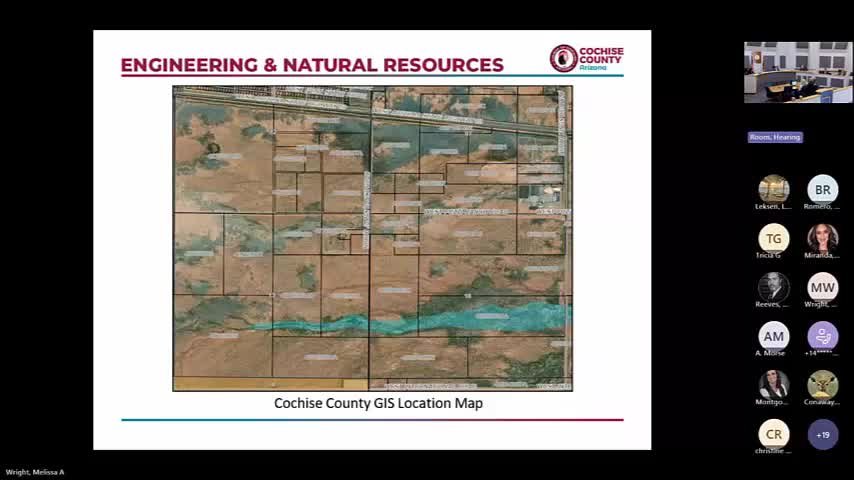DOI Halts Large Offshore Wind Projects
Recently, the Department of the Interior (DOI) has suspended activities related to major offshore wind energy projects. This decision involves the Office of Marine Energy Management (BoEM), which has paused initiatives like the Revolution Wind projects off the coasts of Rhode Island and Connecticut. This move aligns with former President Donald Trump’s energy policies, which prioritize cutting energy costs and ensuring reliability for American consumers. The Trump administration has frequently criticized the wind industry, labeling it as unreliable.
The DOI’s action follows the announcement of the cancellation of the Lava Ridge wind project in Southern Idaho. This project received approval from the Biden administration shortly before Trump took office. Aubrey Spady, an assistant at the DOI, was quoted saying, “Americans deserve energy that’s affordable, reliable, and sustainable—not experimental wind projects that lead to failure.” She emphasized that stopping these projects is in line with Trump’s agenda to deliver stronger energy futures and reduced costs for American families.
In contrast, the Biden administration had previously authorized a construction plan for the Revolution Wind project, aiming to leverage federal support for renewable energy. Biden’s focus had been on advancing wind and solar technologies, backed by substantial financial incentives. But with the change in administration, there’s been a significant shift back towards more traditional energy sources.
On July 7, Trump issued an executive order reaffirming the DOI’s commitment to aligning regulations with applicable laws to mitigate market distortions from subsidies tied to unreliable energy sources. He has voiced his opposition to states increasingly dependent on solar and wind energy, citing rising energy costs and asserting that the era of ineffective energy strategies needs to end.
In a recent move, the DOI has also set new rules regarding environmental protections, particularly for species like eagles, potentially complicating future green energy initiatives. The wind energy sector has faced increasing challenges; reports of failing wind turbines and public protests over environmental concerns have risen, particularly after incidents where debris was scattered off the coast of Nantucket.
Moreover, fishermen have raised alarms that offshore wind farms could threaten their livelihoods, reflecting broader concerns about the viability of offshore wind projects.







